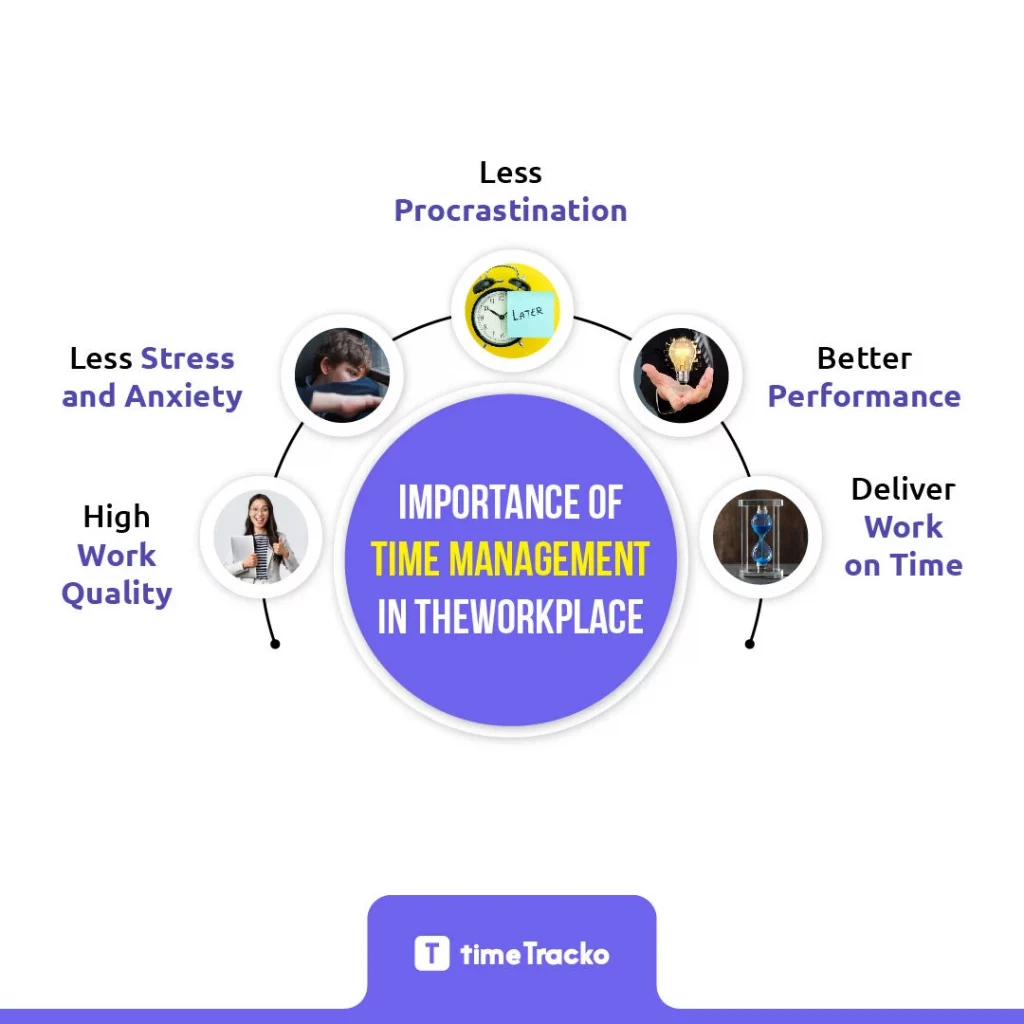Economic Distress Challenges Facing the US Economy
Signs of Trouble: US Economy Under Strain
Economic Warning Signs
In recent times, the US economy has been showing signs of distress, causing concern among economists and policymakers alike. Various indicators, from employment figures to consumer spending patterns, point to underlying weaknesses that threaten to undermine the country’s economic stability. These warning signs serve as a wake-up call, urging stakeholders to take decisive action to address the challenges facing the economy.
Job Market Downturn
One of the most troubling aspects of the current economic situation is the downturn in the job market. Unemployment rates have been on the rise, indicating a slowdown in hiring and a lack of job opportunities for many Americans. This trend not only impacts individual households but also has broader implications for consumer spending, business confidence, and overall economic growth. Addressing unemployment requires targeted interventions to stimulate job creation and support displaced workers.
Consumer Confidence Erosion
Another concerning trend is the erosion of consumer confidence, which plays a crucial role in driving economic activity. As uncertainty prevails and financial worries mount, consumers are becoming increasingly cautious with their spending, leading to a slowdown in retail sales and business investment. Restoring confidence among consumers is essential for reigniting economic momentum and fostering a sustainable recovery.
Debt and Financial Strain
Mounting levels of household debt and financial strain are also contributing to the economic troubles facing the US. Many households are struggling to make ends meet, burdened by high levels of debt, stagnant wages, and rising living costs. This financial pressure not only constrains consumer spending but also poses risks to financial stability, particularly if debt levels become unsustainable. Addressing the root causes of financial strain requires a multifaceted approach that includes measures to increase incomes, reduce debt burdens, and enhance financial literacy.
Trade Imbalances and Global Headwinds
The US economy is not immune to global economic challenges, including trade imbalances and geopolitical tensions. Disputes over trade policies and tariffs have disrupted supply chains, dampened business investment, and hindered economic growth. Moreover, geopolitical uncertainties, such as conflicts and political instability, can further exacerbate economic risks and undermine investor confidence. Addressing these global headwinds requires diplomacy, cooperation, and a commitment to open and fair trade practices.
Fiscal Policy Responses
In response to the economic troubles facing the US, policymakers have implemented various fiscal policy measures aimed at stimulating growth and supporting households and businesses. These measures include stimulus packages, tax cuts, and infrastructure investments designed to boost economic activity and create jobs. However, the effectiveness of these policies hinges on their design, implementation, and coordination with monetary policy measures to achieve desired outcomes.
Monetary Policy Challenges
Monetary policy also plays a critical role in addressing economic troubles, with the Federal Reserve tasked with maintaining price stability and full employment. However, navigating the current economic landscape presents challenges for monetary policymakers, particularly in balancing the need for stimulus with concerns about inflation and financial stability. Moreover, unconventional policy tools, such as quantitative easing and forward guidance, may have diminishing returns and unintended consequences if not carefully managed.
Structural Reforms and Long-Term Solutions
Addressing the underlying structural issues plaguing the US economy requires long-term solutions and structural reforms. These reforms may include investments in education and workforce development, modernizing infrastructure, promoting innovation and entrepreneurship, and addressing income inequality and social disparities. By tackling these root causes, policymakers can lay the foundation for sustained economic growth, resilience, and prosperity.
Building a Resilient Economy
Despite the challenges facing the US economy, there is reason for optimism. The country has a history of resilience and adaptability, capable of overcoming even the most formidable obstacles. By implementing sound economic policies, fostering innovation and productivity, and investing in human capital, the US can build a more resilient and inclusive economy that benefits all its citizens. However, this will require collaboration, foresight, and a shared commitment to addressing the economic troubles facing the nation. Read more about the us economy is in trouble


